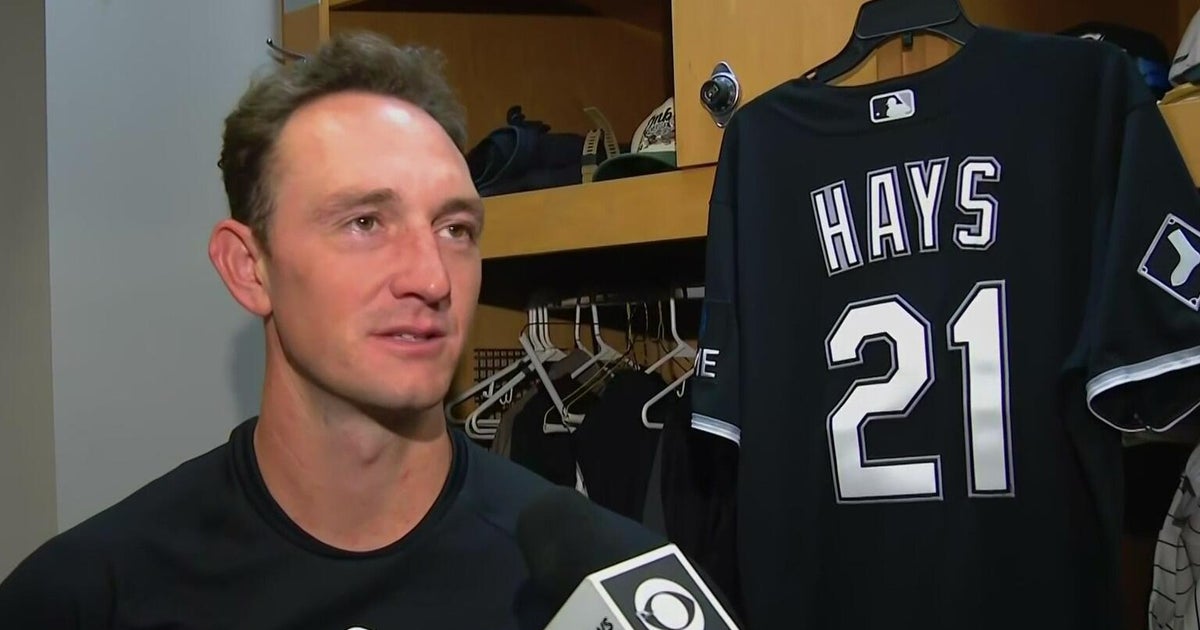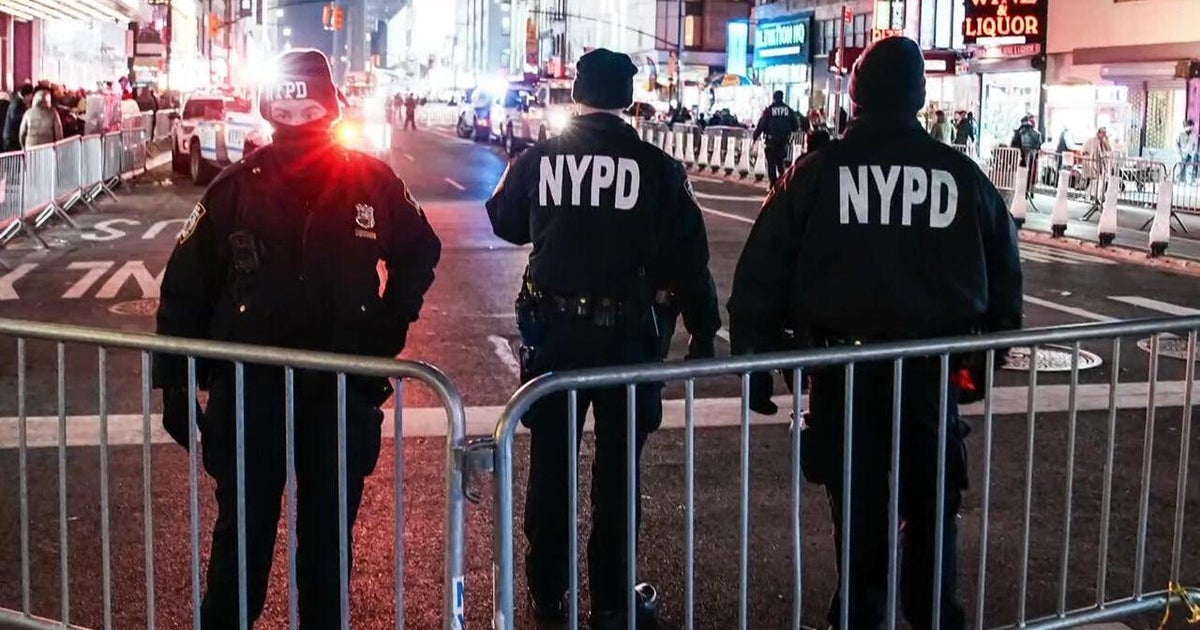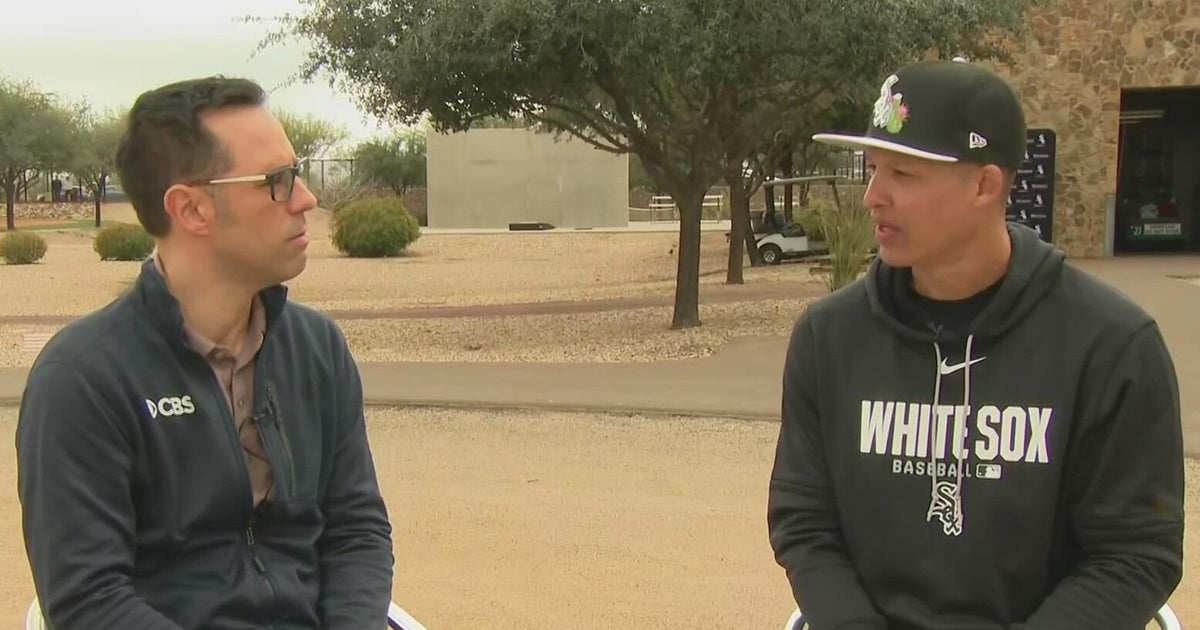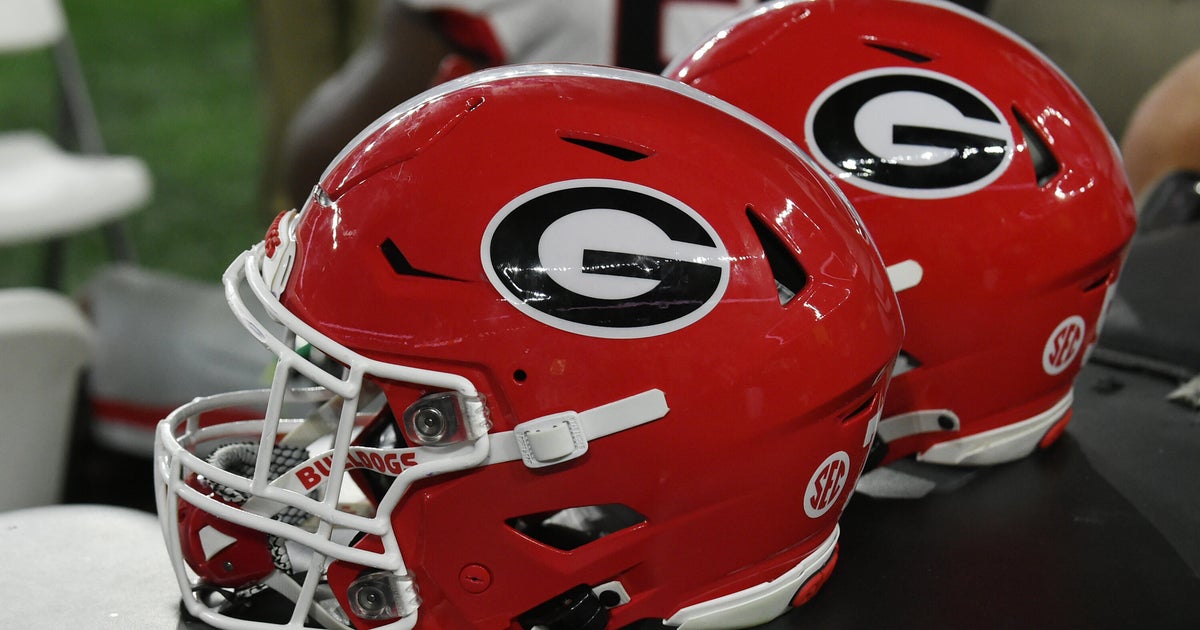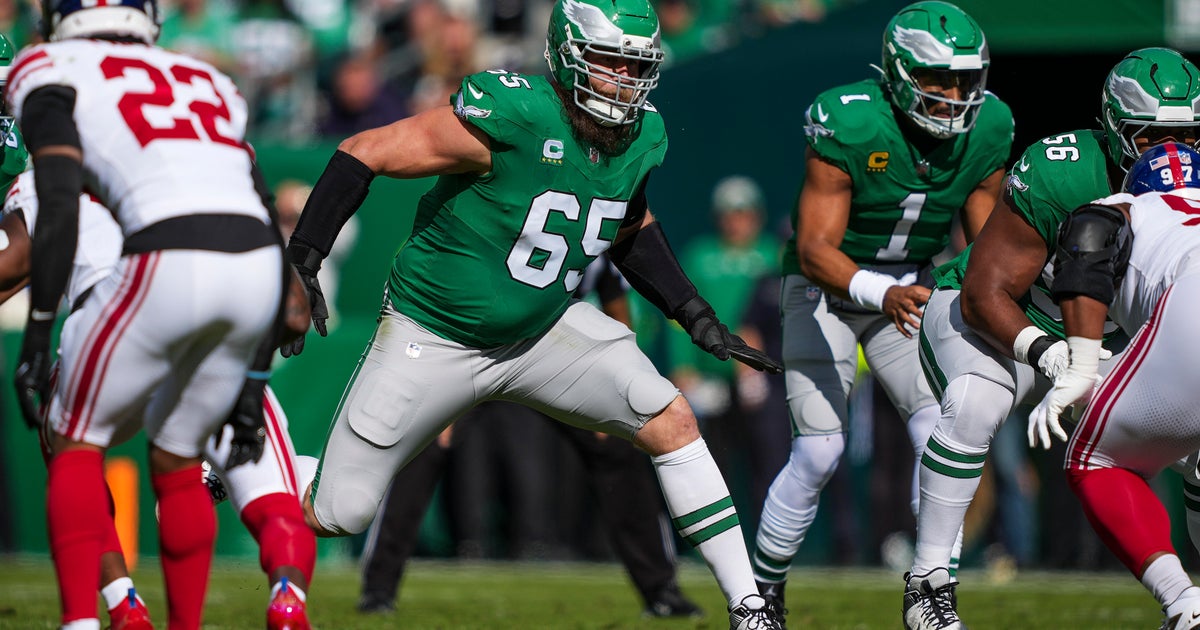Hoge: McCown's Contract Was Logical, Not Foolish
By Adam Hoge-
(CBS) — Jay Cutler might be the most coveted pending free agent quarterback on the Bears' roster, but he's not the only one.
Backup Josh McCown undoubtedly increased his value by posting a 109.8 passer rating in seven games while filling in for Cutler. How much McCown increased his value remains to be seen, but it's fair to think he'll command more than the minimum-salary benefit deal he's currently playing under.
A CBSSports.com report Sunday detailed the minimum-salary benefit deal McCown signed with the Bears in the offseason and warned that the team could end up "looking pound foolish" for "being so pennywise with McCown." The idea behind that thinking is based on the collective bargaining agreement, which restricts a team from extending a minimum-salary benefit player to anything more than a one-year deal at the same level.
Essentially, now that McCown is worth more, the Bears can't extend him until he hits the open market and other teams have a crack at him, too.
Based on that information alone, sure, the Bears look foolish for not giving McCown more money and protecting their right to extend him at a higher level before he hits the open market. The CBSSports.com report correctly points out that if the Bears had given McCown just one more dollar, they would have protected that right.
But we're talking about one dollar in the NFL. Don't you think there's a good reason why the Bears didn't give McCown that extra dollar?
Based on the cap rules regarding a minimum-benefit salary deal, the cap figure for qualifying veterans is the second year minimum of $555,000. That's McCown's cap number, even though his base salary is $840,000. If the Bears had signed McCown to $840,001, his cap number would have been $840,001, so essentially the Bears saved themselves $285,000 in cap space by signing McCown to the deal they did. Overall, the Bears have seven minimum-salary benefit players on their roster, which is saving them nearly $1.5 million in cap space (some of those deals are prorated).
The Bears knew all offseason that they were going to be up against the cap this year, so deals like McCown's gave them the flexibility they needed to be able to sign a guy like defensive tackle Jeremiah Ratliff mid-season when injuries hit. That's far from foolish. It's the opposite of foolish.
And it should also be pointed out that McCown has signed five separate minimum-benefit salary deals with the Bears in his career and they were the only team to offer him a contract in 2013. Why would the Bears offer more money to a 34-year-old backup when they needed the cap space and that was the market value for McCown?
Plus, the Bears can still negotiate with McCown before he hits the open market, they just can't sign him to a multi-year extension until the new league year. That's important. They still have exclusive negotiating rights during that time — no other team can have discussions with him until the start of free agency — but they can still make him an offer. McCown would just have to wait until the start of the new league year to sign the dotted line.
Granted, that still likely means the quarterback's value will be driven up and how far it goes up might take the Bears out of the picture, but given McCown's age and appreciation for his current situation in Chicago, it would be silly to simply assume the backup quarterback won't be in a Bears uniform next season.
Either way, the Bears' decision to sign him to a minimum-salary benefit deal was certainly not foolish. For a 34-year-old backup with no other offers on the table, it was simply logical.
Adam Hoge covers the Bears for CBSChicago.com and is a frequent contributor to 670 The Score. Follow him on Twitter at @AdamHoge.

